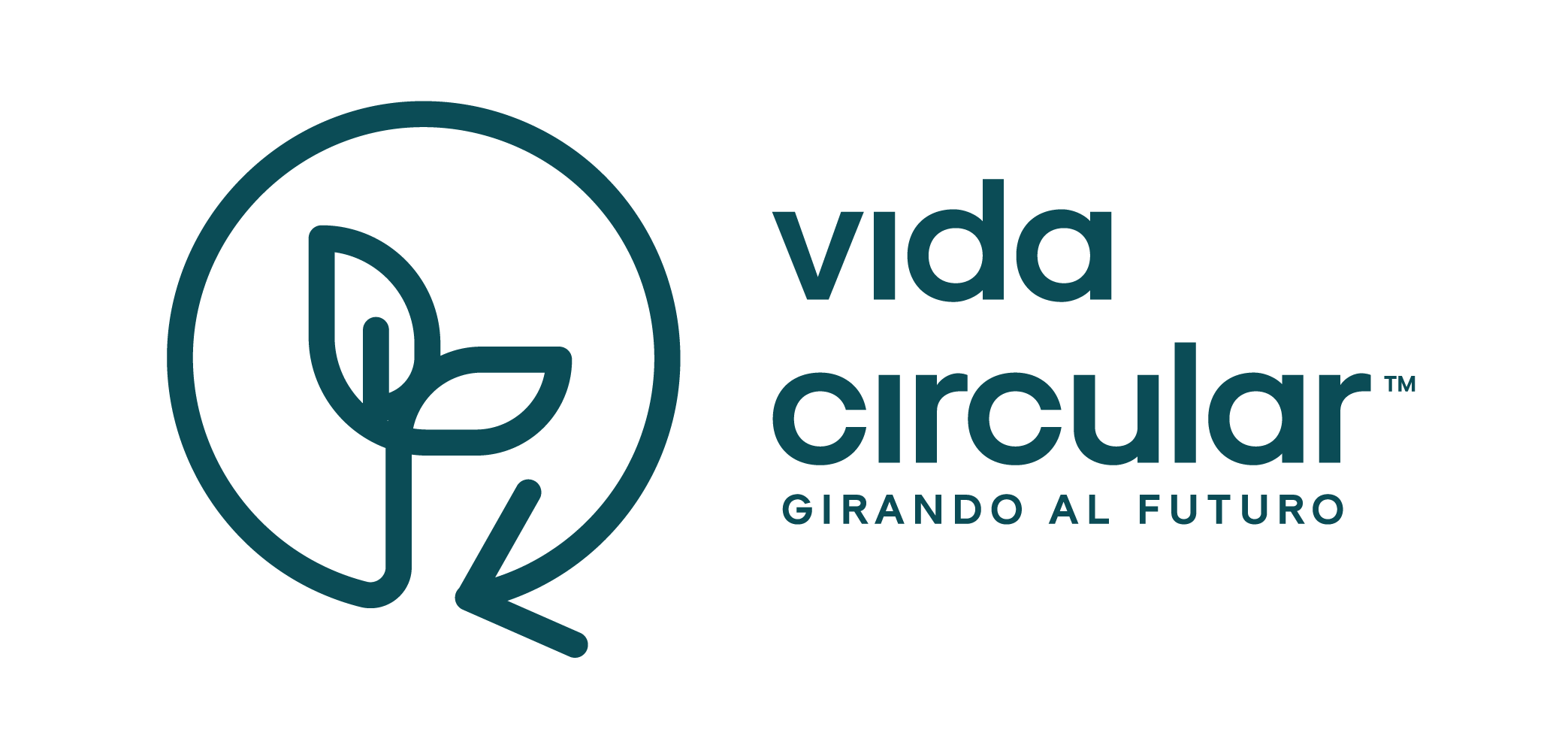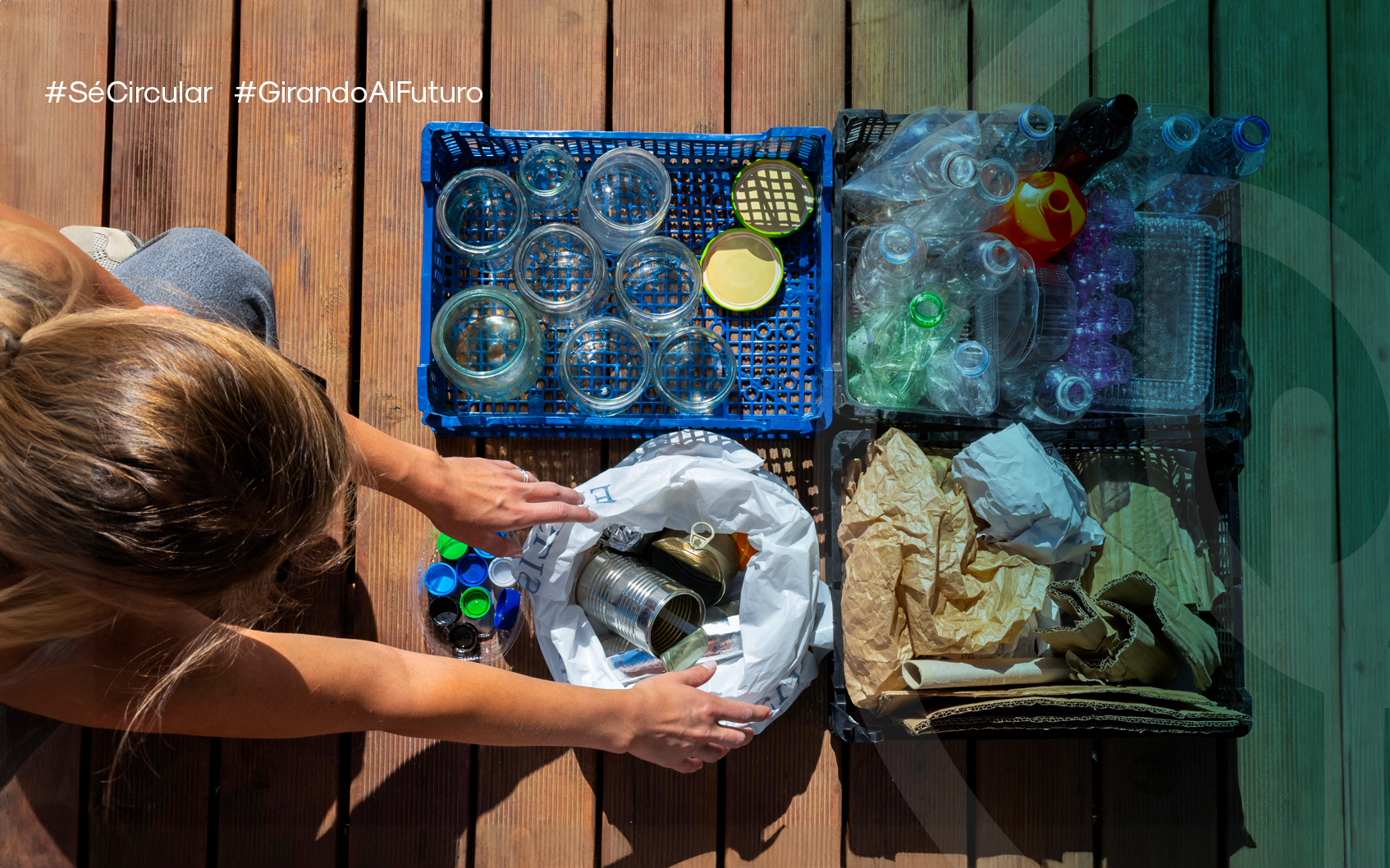
QUICK GUIDE TO RECYCLABLE MATERIALS, EASY TIPS FOR RECYCLING
If you're here, it's probably because you care about our planet as much as we do. Today we're not just going to talk about recycling in a technical way; we're going to see how to make it part of your daily life in a super easy and even fun way.
Imagine that recycling is like having a superpower in your hands, one that allows you to transform what looks like trash into something useful again. It's not magic, it's something we can all do from home, and today I'm going to tell you how.
Get ready to demystify recycling and discover how your everyday actions can have a real and positive impact.
Why is recycling like having a superpower?
Imagine having the ability to transform something useless into something valuable, or even save the planet with your own hands. You don't need to be a comic book superhero to do that; you just need to recycle. Yes, you read that right. Recycling is like a superpower we all have that we can start using today. Here's why it's so powerful:
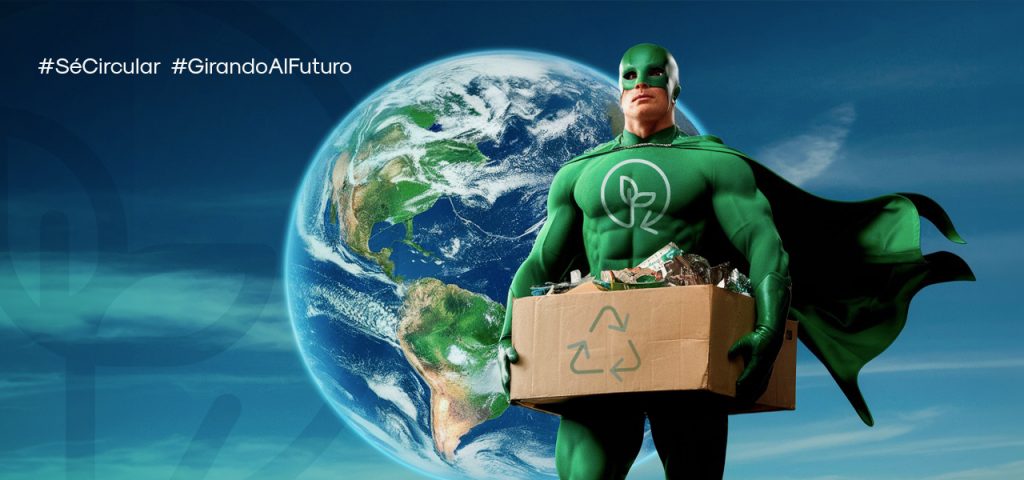
Every plastic bottle or old newspaper you recycle can be transformed into something new. This is great because it means we don't have to take any more materials out of nature. Imagine that for every ton of paper we recycle, we can save up to 17 trees - it's like having the power to grow trees without planting a single one!
Every time you recycle, you help less garbage end up in places where it can take years to decompose and where it can release gases that are bad for the air we breathe. It's like having a shield that protects the air in your city.
Making new products from scratch uses a lot of energy, like the energy we use in our homes to turn on lights or the TV. When you recycle, we help to use less energy in factories, which means less pollution and less waste of energy that comes from sources like oil or coal.
When people see that you recycle, they are likely to be encouraged to do it too. It's like being the leader of a team where we all work to make our environment a better place.
Many companies are using recycled materials to make cool new things, like clothes, furniture and even toys. It's like opening up a world of possibilities with things we once considered worthless.
Things you can start recycling today
Recycling is easier than you think, and you probably already have a lot of things at home that you could start recycling today. Here's a simple guide on how to handle some of the most common materials:
- Paper and cardboard
Before you throw away those magazines or cereal boxes, make sure they are clean and dry. Greasy pizza boxes, for example, are not good for recycling because the grease contaminates other recyclables.
Examples: Magazines, bills, cereal boxes, toilet paper rolls.
How to do it: Make sure they are clean and free of food debris. Papers and cardboard such as pizza boxes with grease residue are not recyclable and may contaminate other parts during the recycling process. Disassemble boxes to save space in your recycling garbage can.
- Plastics
Look at the numbers under bottles and containers. Most of the time, plastics marked with numbers 1 through 7 can be recycled. Just be sure to rinse them out if they had food or drink in them.
Examples: Water bottles, juice containers, detergent containers, bottle caps.
How to do it: Rinse containers to remove food or liquid debris; this is crucial to avoid contaminating the rest of the recyclable material. Many recycling centers accept plastics marked with the numbers 1 through 7, but it's a good idea to check which numbers your location accepts.
- Glass
Sauce jars or beverage bottles can be easily recycled. Just wash them well and remove the lids.
Examples: Beverage bottles, food jars, cosmetic jars.
How to do it: Clean the containers of any debris and remove the lids or caps, as these are usually made of a different type of material. Note that broken glass is often not accepted in regular recycling garbage cans for safety reasons.
- Metals
Examples: Beverage cans, tin cans, metal lids, empty aerosol cans.
How to do it: Clean cans and aerosols of any residue. Crush cans if possible to save space. Important: Make sure aerosols are completely empty before recycling.
- Electronics
Examples: Old cell phones, chargers, old computers.
How to do it: Many electronics contain materials that should not end up in a regular landfill. Look for specialized collection points or electronics collection events in your area to ensure they are recycled properly.
- Textiles
Even if you don't put them in the same recycling garbage can, look for places that collect them. Many places have special collection days for these types of items.
Examples: Old clothes, towels, sheets.
How to do it: Although textiles can't always be recycled in the recycling garbage can, you can donate them to thrift stores or look for local programs that specifically recycle textiles. Some places even accept damaged clothing for recycling into new products such as insulation or cleaning rags.
One last piece of advice
Before you throw something away, ask yourself: can it have another life? While recycling is great, reducing and reusing are even more environmentally impactful. So think twice before you throw away and consider if there is a way to put that item to a new use.
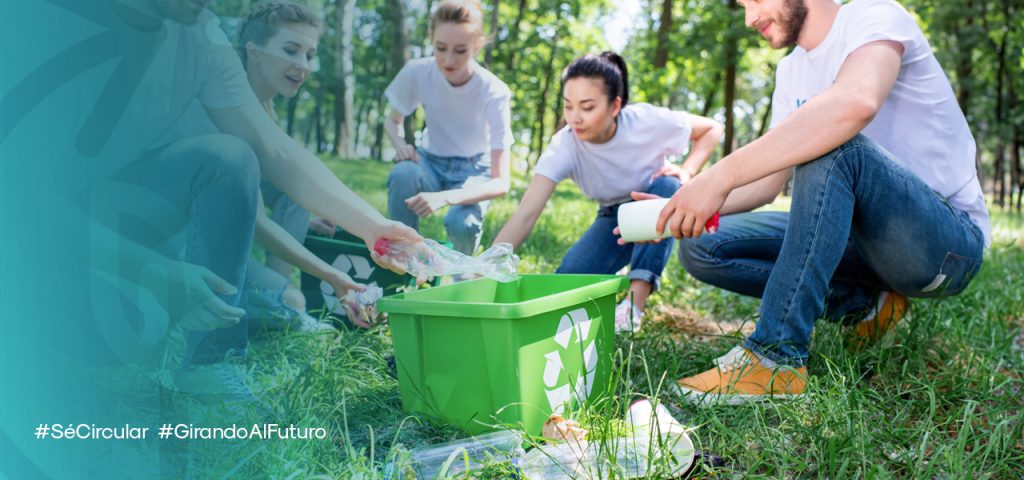
How to recycle materials?
Recycling conserves natural resources and reduces energy demand to produce new products. But how do we get started? Although the idea of recycling may seem simple, proper execution requires precise knowledge about which materials are recyclable and how they should be processed. In this video we explain how to recycle properly.
Tips to become a recycling hero
Becoming a recycling hero is easier than you think and within everyone's reach. Here are some practical tips to join the circular movement and turn the future towards a more sustainable economy:
- Join the circular movement
Adopting a circular approach in our daily lives means more than just recycling; it involves thinking about how we can keep products and materials in use for as long as possible. This not only reduces the amount of waste, but also saves resources. Start at home: repair that old watch instead of buying a new one, or transform worn-out T-shirts into shopping bags.
- Be proactive with your recycling
Don't wait for others to recycle for you. Be a leader in your community by setting up recycling points or organizing community recycling days. By showing initiative, you not only encourage recycling among your neighbors and friends, but also create a cleaner, greener environment for everyone.
- Educate others about the circular economy
Education is key to expanding the circular movement. Talk to your friends, family and colleagues about the benefits of recycling and how they can contribute. Share social media posts, write blogs or even organize small workshops to teach others how to recycle efficiently.
- Turn to the future with circular economy
Think of recycling as an investment in the future. Every item you recycle today is a step toward a healthier planet. Support companies and products that promote sustainable practices and are committed to the circular economy.
- Be circular with every purchase
Before you buy, think about whether that product or service is circular. Opt for products that are recyclable or made from recycled materials. Avoid single-use products and choose those that offer a return or recycling plan.
- Innovation and creativity: your best allies
Recycling doesn't have to be boring. Get creative with how you reuse and recycle at home. From composting organic waste to turning glass jars into planters or lamps, your innovations can inspire others to follow in your footsteps.
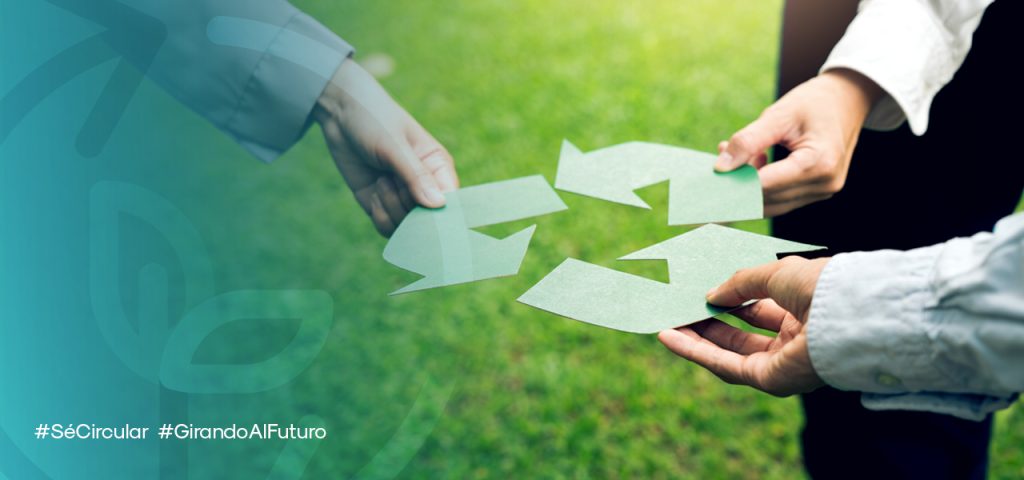
Let's join forces and be the change!
Recycling is a superpower that we all possess and that we can activate on a daily basis. Recycling not only saves resources and energy, it also unites us as a community and empowers us to be agents of change in a world that urgently needs our help.
You've seen that we can all do something, from creatively reusing items in our home to educating our friends and family about the importance of living sustainably. Remember, it's not just about recycling what we already have, it's about thinking circularly and turning the future towards a greener, more sustainable economy.
In your hands is the ability to make a real difference. Every bottle recycled, every newspaper reused and every conscious purchase counts in the greater mission to protect our planet. So why not start today, be circular, join the movement and become a recycling hero!
Together, we can create a future where recycling and sustainability are the norm, not the exception. It's time to act, to innovate and to inspire others to join this crucial cause. Are you ready to turn to the future with us? Let's make every action count!

